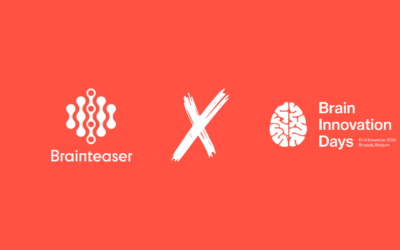Patients with ALS face gradual loss of motor function that significantly impacts the quality of their daily life. In parallel, family members often become the primary caregivers for ALS patients, assuming the responsibility for their daily care and well-being. ALS is a disease of complex and progressive nature that can have a profound impact on both the physical and psychosocial well-being of both patients and their caregivers.
Psychosocial and emotional support for patients and caregivers is fundamental both in the moment of clinical diagnosis and during the disease progression, till terminal stages and death. Based on the different stages of the disease, where patients’ experiences have different emotional and behavioural conditions, psychosocial support in ALS focuses on 3 topics:
- Initial coexistence with the disease
- Therapeutic decisions
- Dealing with the end-of-life stages
In the hospital, the initial psychological interview evaluates patients’ emotional experiences, relational dynamics, resources, and personality traits to enhance communication with physicians. Integrated with the medical team’s care plan, psychological sessions employ various approaches, including assessments, evaluations, interventions, and counselling. These sessions are particularly sensitive to end-of-life decisions, respecting personal choices and allowing the necessary time for psychological processing.
At home, psychosocial interventions, initiated by the care team or requested by the patient or family, ensure continuity of medical and social assistance while assessing needs and collecting the patient’s clinical history. The psychological aid focuses mainly on reorganising daily living and provides psychoeducational sessions, support, and mediation to reduce distress and strengthen resources.
After hospitalisation, decision-making continues at home, making it essential to assess the patient’s comprehension of medical information.
Psychosocial support for ALS patients and caregivers is also available through support groups. These groups do not substitute individual psychosocial support or psychotherapy, which are recommended in case of severe psychopathology diagnosis or distress.
Support groups engage patients, caregivers, and family members, promoting empowerment and autonomy for each participant. The aim is to develop individual potentials, using the group as the primary resource.
Navigating the challenges of ALS requires a comprehensive approach that addresses both the physical and psychosocial aspects of the disease. From the initial diagnosis to the end-of-life stages, tailored psychosocial support is essential for enhancing the well-being of patients and their caregivers. Through hospital-based psychological assessments, at-home interventions, and the valuable resources provided by support groups, individuals affected by ALS can access essential assistance needed to manage their emotional and behavioural needs. By fostering empowerment, autonomy, and resilience, these psychosocial interventions play a crucial role in improving the quality of life for both patients and their families, offering hope and strength in the face of this debilitating disease.
–
Written by Dimitris Georgoulis, Mental Health Expert, Innovation Project Manager, ECHAlliance – The Global Health Connector.
Want to know more about Living with ALS? Watch the recording of the BRAINTEASER Community of Practice:


